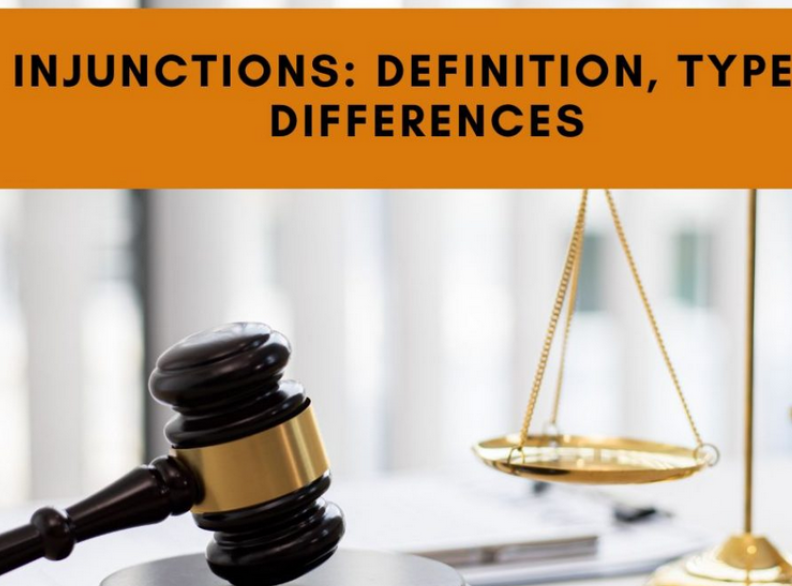Direct, Indirect, and Excise Taxes in India
25-Feb-2025

A permanent injunction is a legal order issued by a court that permanently restrains a party from performing a particular act or mandates specific actions to prevent a violation of legal rights. Unlike temporary or interim injunctions, which are granted for a limited time, a permanent injunction is final and binding after the case is decided.
The concept of injunctions is governed by:
A permanent injunction is granted when:
A permanent injunction is granted only after a full trial, where both parties present their evidence and arguments.
This restrains a person from committing an act that may harm the plaintiff’s legal rights.
Example: A court permanently restrains a builder from constructing illegal structures on disputed land.
? Cases Solved: 28+
This compels a person to perform a specific act to undo the damage caused.
Example: A company is ordered to remove illegal hoardings obstructing a public road.
? Cases Solved: 33+
A court grants a permanent injunction in the following situations:
Violation of Property Rights – To prevent illegal construction, trespassing, or encroachment.
? Cases Solved: 29+
Intellectual Property Rights (IPR) Cases – To stop unauthorized use of trademarks, patents, or copyrights.
? Cases Solved: 36+
Breach of Contract – If a party is violating a non-compete clause or confidentiality agreement.
? Cases Solved: 25+
Environmental Protection – To stop industries from polluting rivers or cutting trees illegally.
? Cases Solved: 31+
Defamation or Harassment Cases – To prevent the publication of defamatory content.
? Cases Solved: 27+
The plaintiff files a suit under Order 7, Rule 1 of CPC with:
? Cases Solved: 30+
The court issues a summons to the defendant to appear and present their defense.
? Cases Solved: 38+
Both parties present documentary and oral evidence supporting their claims.
? Cases Solved: 40+
The court, after considering all evidence, passes an order granting or rejecting the permanent injunction.
? Cases Solved: 35+
The Supreme Court ruled that a tenant in lawful possession can seek an injunction against illegal eviction by the landlord.
? Cases Solved: 37+
The court held that an injunction can be granted only if the plaintiff shows a prima facie case, balance of convenience, and irreparable injury.
? Cases Solved: 26+
The Supreme Court clarified that an injunction should not be granted if the plaintiff does not have a clear legal right over the subject matter.
? Cases Solved: 41+
? Cases Solved: 30+
? Cases Solved: 35+
? Cases Solved: 32+
The defendant can challenge the injunction on the following grounds:
? Cases Defended Successfully: 28+
Permanent injunctions are a crucial legal remedy to prevent ongoing or future violations of rights. However, they are granted only after a full trial, and courts exercise caution to ensure fairness. Whether in property disputes, intellectual property cases, or environmental matters, a permanent injunction serves as a strong legal tool to protect individuals and businesses from unlawful actions.